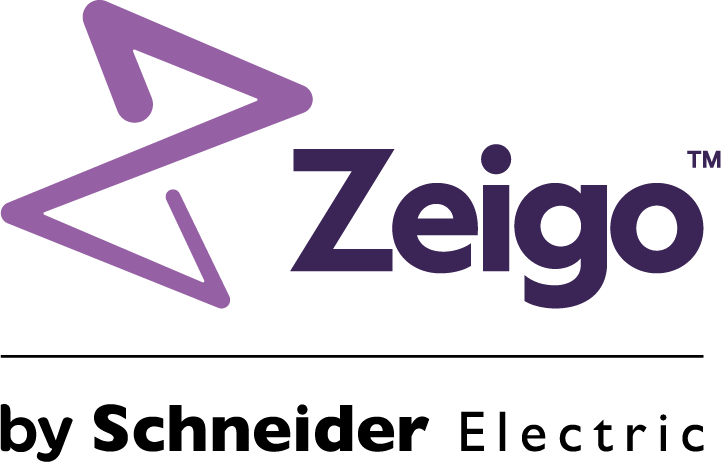The Supply Chain Advantage: Turning Decarbonization Into A Competitive Edge

As global corporations race toward net-zero goals, it is becoming increasingly clear that cutting emissions from internal operations is just one piece of the puzzle. A much larger and more complex challenge lies within the supply chain.
A new report explores this key area of climate action, revealing that Scope 3 emissions – the indirect emissions spread across a company’s entire value chain – can account for up to 90% of a company’s total carbon footprint. Yet, only 40% of the world’s largest companies currently include Scope 3 in their decarbonization targets.
So why the gap? The report points to fragmented data, inconsistent measurement methods, and the difficulty of managing emissions that come from suppliers, logistics providers and product users – factors often beyond a company’s immediate control. But there is a path forward.
With insights into relevant regulations like the CSRD and EU ETS, real-world strategies from industry leaders and an inside look at how software tools like Schneider Electric’s Zeigo Hub are helping companies measure and reduce emissions more effectively, the report helps organizations identify an effective approach to supply chain decarbonization.
From clarifying the differences between Scope 1, 2, and 3 emissions to showcasing effective strategies for building decarbonization programs, this report is essential reading for sustainability professionals and anyone looking to deepen their understanding of supply chain emissions.
Download the full report to explore the key drivers, strategies, and tools shaping supply chain decarbonization.
Download the resource
By completing this form, you grant Trellis Group permission to share your information with sponsors of this report and to send you future mailings on related offers. You also agree to Trellis Group’s privacy policy. To view our policy, please click here.
Schneider Electric Sustainability Business and affiliates use the personal information that you provide to address your request. Data is analyzed by our systems in an automated way, where we may contact you to provide additional support. These activities are performed in the legitimate interest of our customers and of Schneider Electric. We will keep a record of your data for as long as needed for these purposes. Get more information about your rights and how Schneider Electric uses personal information in the privacy policy.










